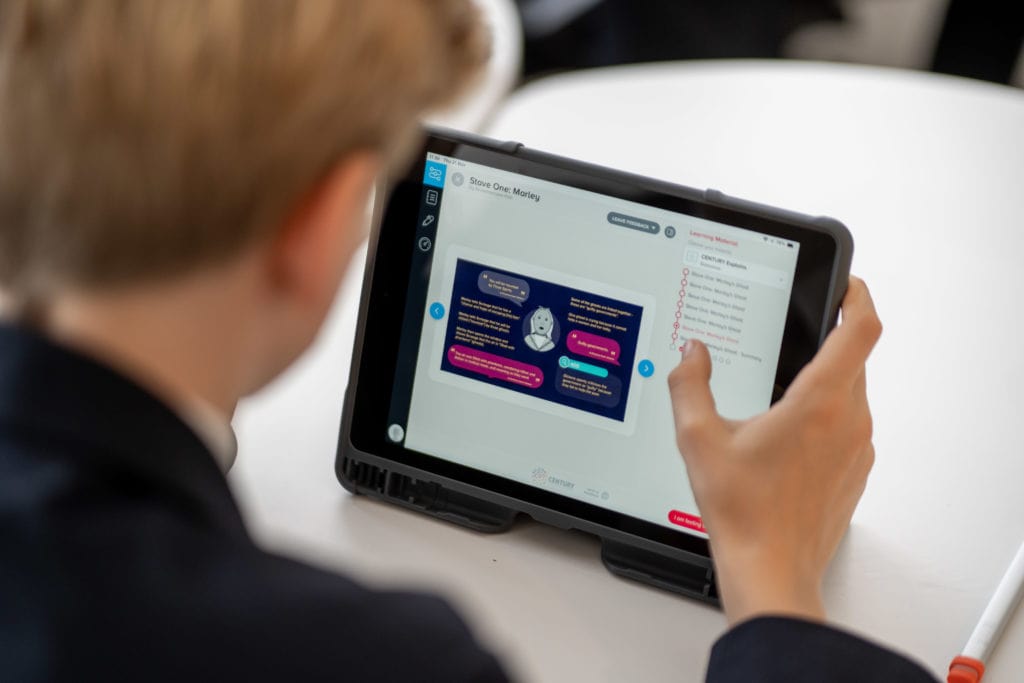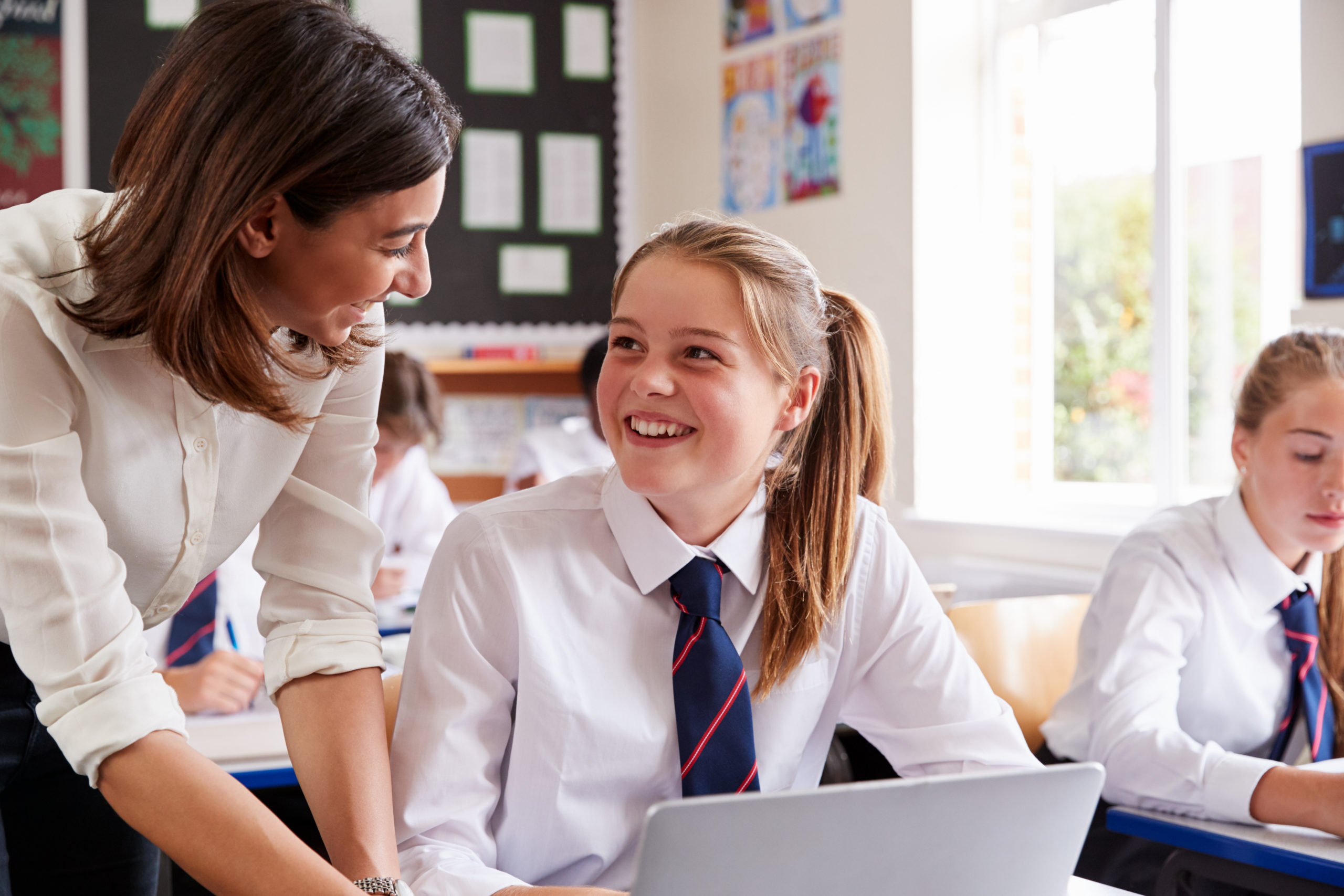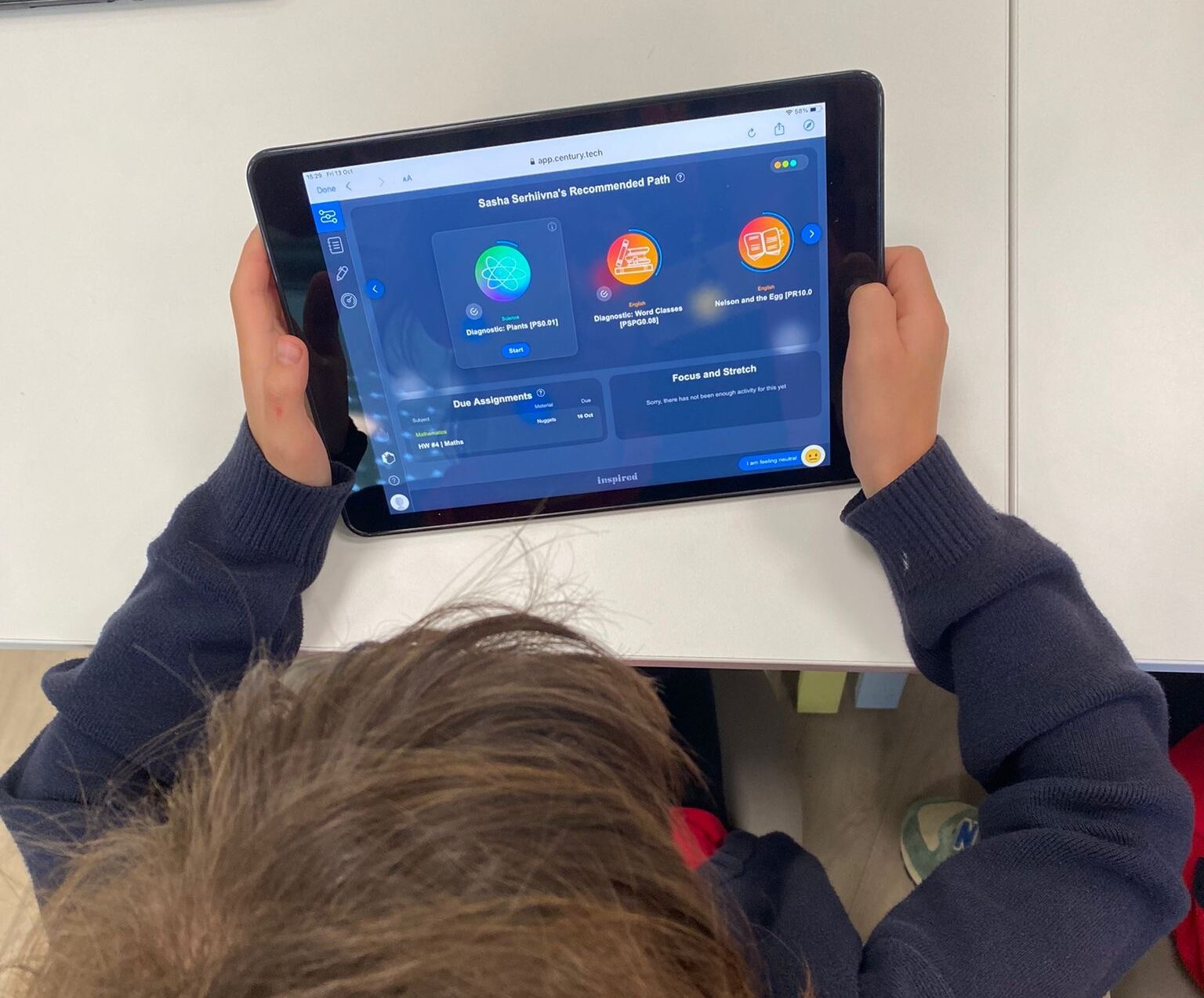5 tips on teaching teenagers at home from a teacher
Estimated reading time: 4 minutes
Teenagers can be difficult to motivate, as any teacher will tell you, but giving them the resources and support they need to learn at home can really help them to make their lessons at home a success.
Here are five tips on how to best ensure your secondary school-aged children can continue to learn from home during the school closures.
1. Create a learning space
Make sure your kids have, where possible, their own place to work, with a desk or table, and a suitable chair. This could be the kitchen table or a desk in their room. Ensure they have the learning resources they need to hand, such as a pen, paper and if possible a computer or tablet with access to the internet and headphones. This also includes technical items such as a calculator or a protractor. They should not be getting up to look for any equipment they might need during lessons as most students should have these items in their school bag. They should be up and dressed before they start working, preferably having had the same breakfast they would have had before school. When they sit down in their chair they need to be ready to learn!
2. Stick to a timetable
Encourage your kids to use their time effectively by sticking to their timetable where possible. Hopefully, their teachers will have set them work to do and may even be asking them to listen to lessons delivered online, but if not, it is a good idea to encourage them to stick to the timetable they had in school where possible. Remind them that if their teacher has asked them to complete a certain amount of work during the week, then if they do not do that work during their normal school hours they will need to do it ‘after school’!
3. Be available to help
Show interest in what they are doing and make sure that they know what work they need to do everyday, but remember that many teenagers can be reluctant to share. Try not to interrupt their lessons, but let them know that they can always ask you for help. This could be a really good opportunity for you to get to know what they study at school and you may be surprised at how broad the curriculum is. At the same time, don’t put too much pressure on them. Students should be encouraged to work throughout the school day and complete the work they have been set. However, this is a stressful time for students, particularly those that have had exams cancelled, so pilling on the pressure is unlikely to help the situation.
4. Look up answers together
Don’t pretend you know the answer to everything! If they do ask you for help, then it is ok to not know the answer. Sometimes working out the answer together can be the most beneficial way of helping them to develop their research skills and a quick internet search may help you work out the problem together. If they are using an online learning platform such as CENTURY, which is now available to families for free, there will often be a video or a slide that will give them hints as to how to find the answer. If your kids are struggling, then perhaps watch the whole video with them. It is important for students to know that adults are not infallible and that when we don’t know something we have to look it up too!
5. Remember to take breaks
Make sure students take regular breaks in which they move. In school, kids would be getting up to walk to their next lesson, often every hour, and would take a longer break every two hours. Even in schools that have two hour lessons, the teacher will often include some sort of focusing activity half way through the lesson. Encourage your children to take a break, whether that is to use the bathroom, get a drink or just walk around the table once every hour. They should take the same breaks they would in school to rest their minds.
You could have lunch as a family everyday, where you can talk about what you have all done, but you might find that your kids want to talk to their friends on their phones during their breaks. Remember, this is a stressful time and kids should be encouraged to keep in contact with their friends who may be offering them support.
CENTURY in the news
View all News
-
Blog
1st July 2025
The Power of Personalised Learning: Tailoring Homework for Every Student
In this post, our in-house neuroscientist, Alice Little, delves into a phenomenon every teacher witnesses daily - the extend to which student understanding can vary. She explores the cognitive science behind why a 'one-size-fits-all' approach to teaching and learning doesn't work,…
Read more
-
Case studies
30th June 2025
Inspired Italy share why they think CENTURY is the perfect tool…
CENTURY’s Jordan Scearce and Charles Wood spoke to a numbers of senior leaders from Inspired schools in Italy about how the AI-powered platform can complement the IB.
Read more


